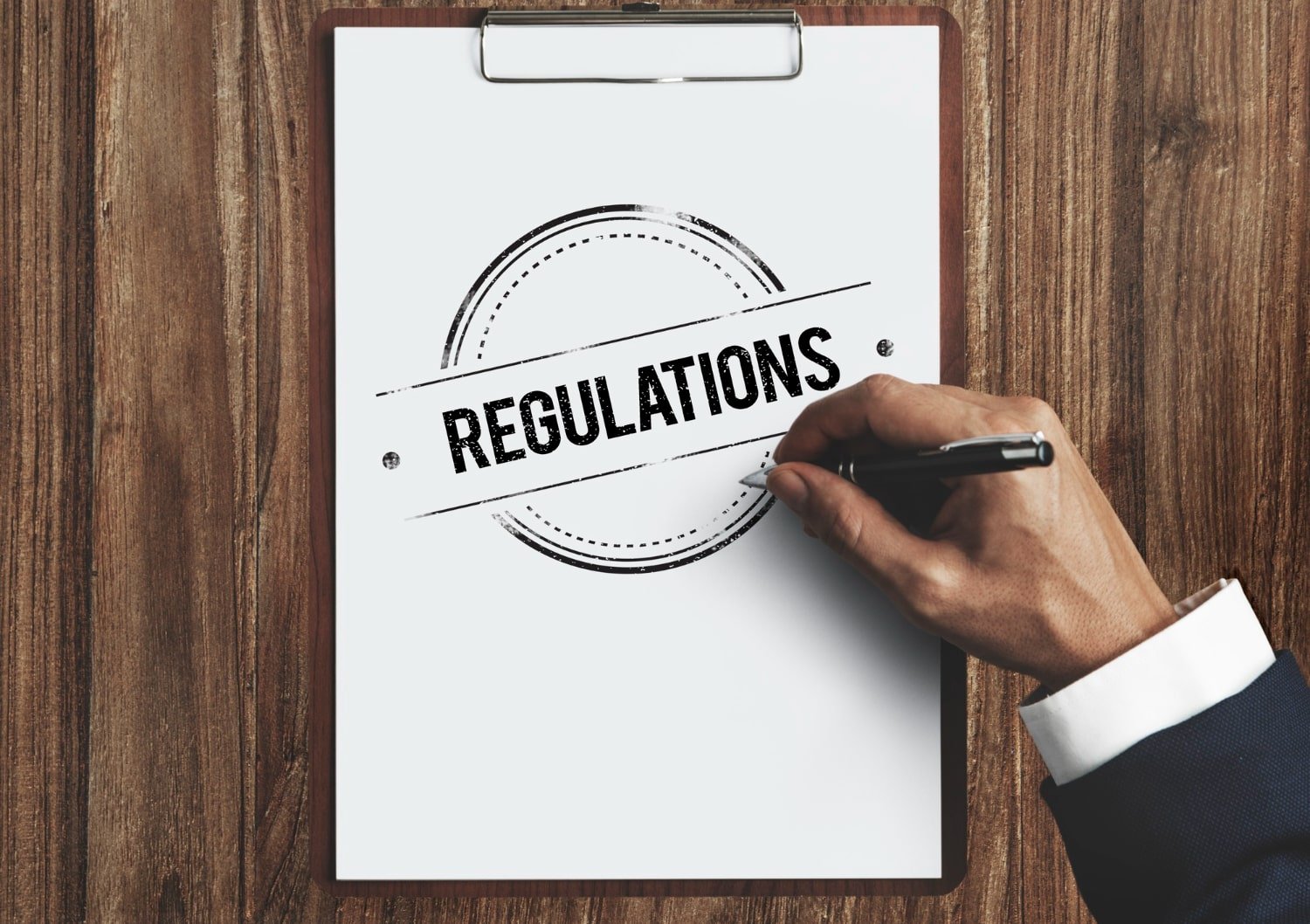Are you earning from online ventures like selling clothes or renting out your space? Brace yourself for tighter online seller tax regulations starting January 1, as platforms like Vinted, Airbnb, and eBay are now mandated to share transaction details with tax authorities.
Key Changes Affecting Online Sellers
From the beginning of this year, the UK has adopted new rules under the international body OECD to combat tax evasion. Digital platforms covering sales of goods and services must routinely report seller income. Whether it’s handcrafted items, second-hand clothes, taxi services, or short-term accommodations, transactions will be scrutinised.

Global Collaboration Against Tax Evasion
The shared information will flow among countries adhering to OECD tax rules. This move aims to treat online sellers more like traditional businesses, fostering fair taxation. An HMRC spokesperson emphasised these rules support accurate tax reporting and deter intentional non-compliance, ensuring a level playing field for taxpayers.
Reporting Obligations and Guidelines for Sellers
Firms, including Vinted, Airbnb, and eBay, must report seller information to HMRC by the end of January 2025. Details encompass tax IDs, bank accounts, and transaction specifics for significant activities. However, sellers already paying taxes and those falling below specific income thresholds (e.g., £1,000 tax-free allowance for property income or trading income) need not alter their current practices.

Insights from Vinted’s CEO and Tax Experts
Vinted’s CEO, Adam Jay, reassures that the impact on the majority of their platform’s sellers will be minimal. The OECD rules exempt sellers with fewer than 30 transactions or earning below €2,000 (£1,735) annually. Tax expert Emma Rawson suggests proactive communication with tax authorities for those nearing or exceeding the minimum £1,000 trading allowance. Waiting for official notices might result in penalties.
Navigating these changes requires sellers to assess if their activities constitute a “trade.” Emma Rawson advises sellers not to wait for HMRC notifications but to declare potential taxes upfront to avoid penalties. As online platforms align with global tax regulations, sellers are urged to stay informed and proactive in meeting their tax obligations.



